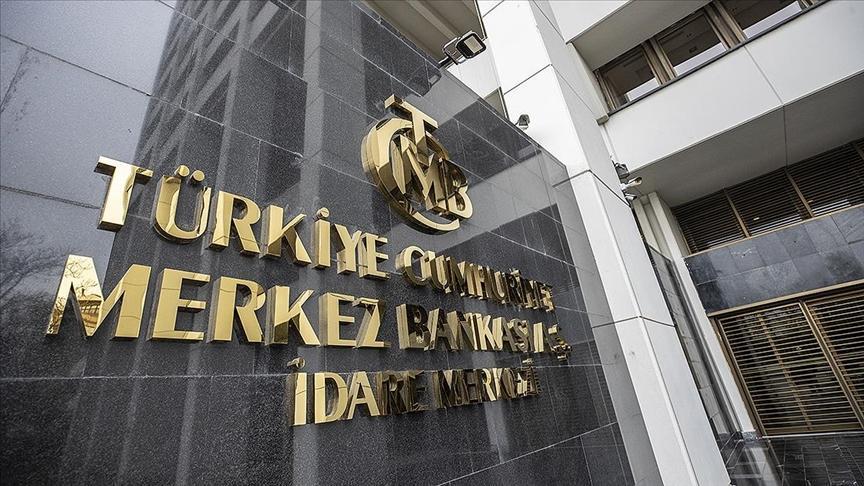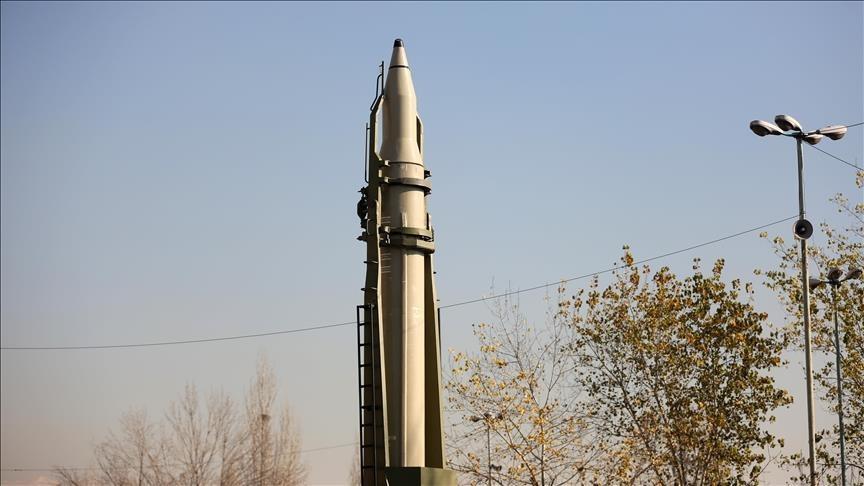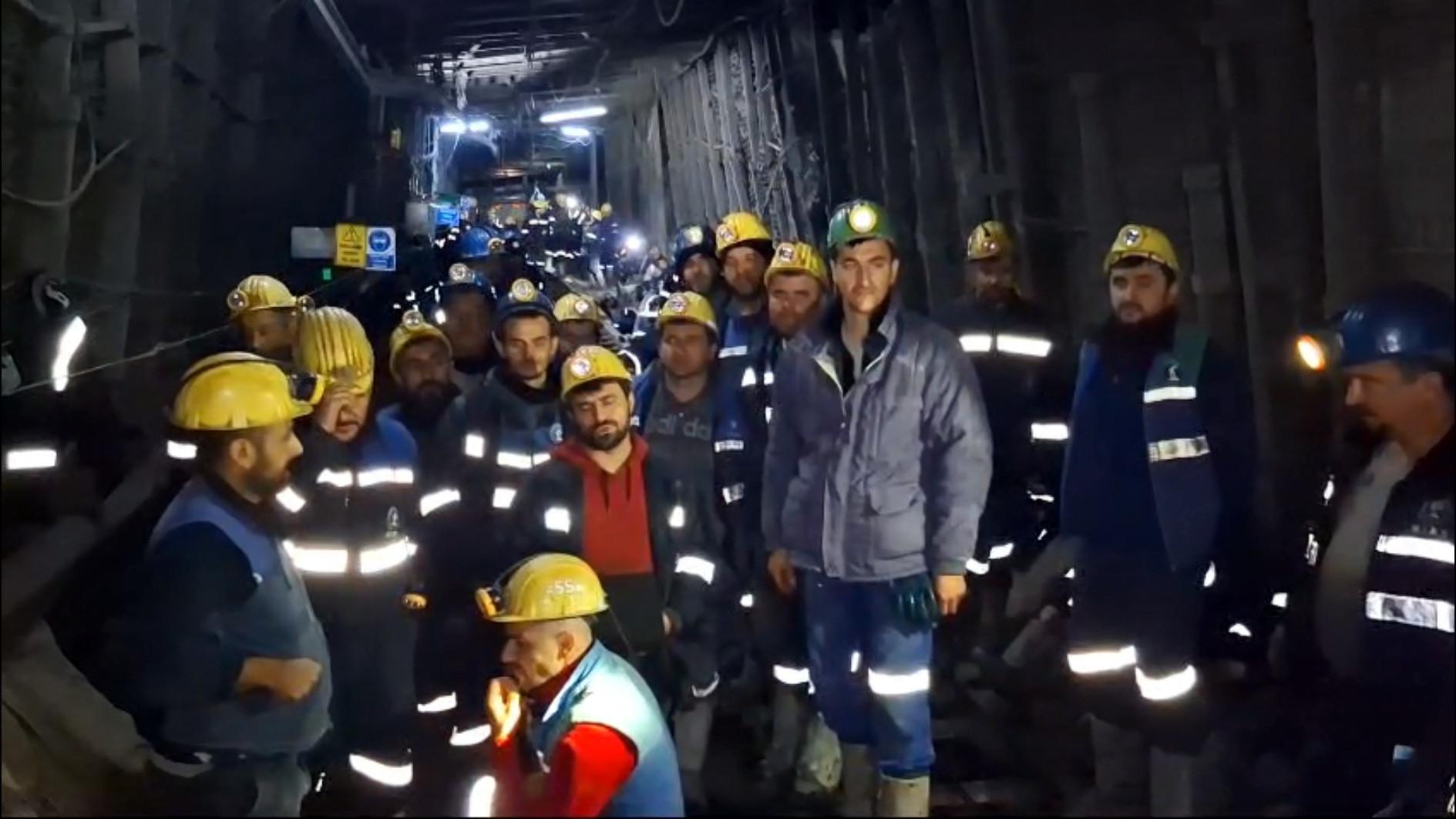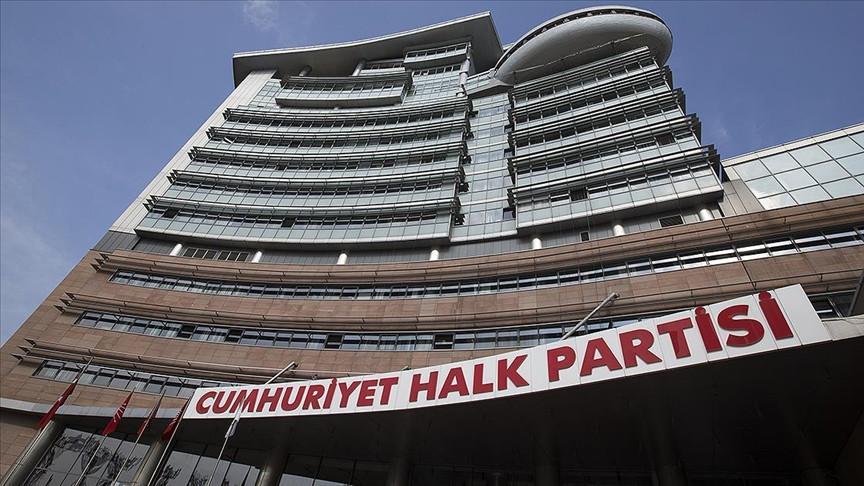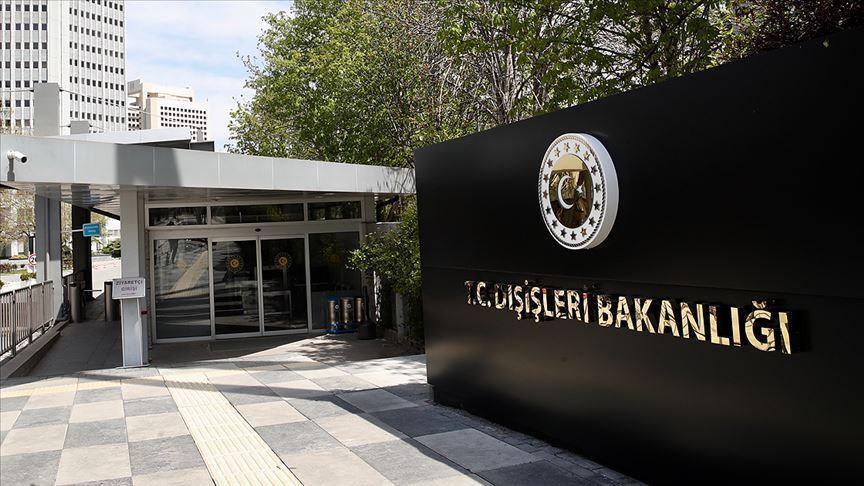UN blacklists Nigeria's Boko Haram, imposes sanctions
ABUJA - Agence France-Presse
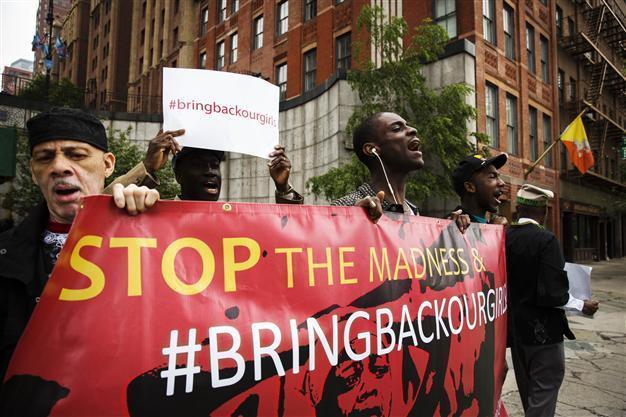
Demonstrators hold signs while chanting for the release of the Nigerian schoolgirls in Chibok who were kidnapped by Islamist militant group Boko Haram, outside of United Nations headquarters in New York, May 22, 2014. REUTERS Photo
The United Nations imposed sanctions on Boko Haram Thursday, blacklisting it as an Al-Qaeda-linked terrorist organization as protesters stepped up demands on Nigeria to release 200 kidnapped schoolgirls.The terror designation, immediately welcomed by the United States, subjects Boko Haram to an arms embargo and asset freeze, though it remains unclear what practical impact it will have.
The group, which demands the creation of an Islamic state in mainly Muslim northern Nigeria, has recently escalated its campaign of attacks that have left thousands dead since 2009.
"Boko Haram are now listed on the United Nations' Al-Qaeda sanctions list," said Australian Ambassador Gary Quinlan, chair of the Al-Qaeda sanctions committee.
"We will work to try and make sure that anyone providing material assistance to Boko Haram, whether funding or arms, will in effect be stopped," he told reporters in New York.
Quinlan said there was "very clear evidence" that Boko Haram had trained extensively with Al-Qaeda in the Islamic Maghreb, particularly on developing bombs.
A significant number of Boko Haram personnel had fought alongside Al-Qaeda affiliates in Mali and their leader had made strong statements of solidarity with Al-Qaeda franchises, he added.
US Ambassador Samantha Power hailed the sanctions as "an important step" to support Nigeria in defeating "Boko Haram and hold its murderous leadership accountable for atrocities." Experts, however, question whether sanctions will have a real impact given the group is based in an area that operates on a cash economy.
In the Nigerian capital Abuja, about 200 protesters called on President Goodluck Jonathan to do more to recover more than 200 girls kidnapped from a school by Boko Haram on April 14.
The mass abduction has triggered worldwide outrage.
Police prevented the protesters from getting close to the presidential villa and were met by a government delegation that delivered a statement from Jonathan.
In it, the Nigerian leader reiterated the government's commitment to finding the girls but said protests should be directed at "the terrorists who have abducted our innocent daughters." The statement irked the demonstrators, who demanded to meet with Jonathan.
"Please let Mr. President know that none of the issues raised has been addressed," said march organizer Obi Ezekwesili, a former education minister and World Bank executive.
The United States announced Wednesday that 80 military personnel had been deployed to Chad to help find the 223 missing girls.
President Barack Obama told Congress that the contingent would stay in Chad until their support "is no longer required."
"These personnel will support the operation of intelligence, surveillance and reconnaissance aircraft for missions over northern Nigeria and the surrounding area," he wrote.
The deployment marks a significant boost to an existing US military effort, which includes the use of unarmed surveillance drones, as well as manned aircraft over Nigeria.
The Pentagon has criticized Nigeria for failing to react quickly enough to the rise of Boko Haram.
Nigeria previously resisted close cooperation with the West but accepted help from US, British, French and Israeli specialists amid a groundswell of pressure fueled by a social media campaign.
However, it was Nigeria that requested the Boko Haram terror designation. Jonathan has called the group "Al-Qaeda in western and central Africa," portraying it as a threat to regional stability.
The United States and a number of other countries have already designated Boko Haram as a terrorist organization in an attempt to cut off any overseas funding for the group.
Power said Washington would continue doing everything possible to help bring back the kidnapped girls and to work with the government of Nigeria to eliminate Boko Haram.
Many state-run schools were shut Thursday on the orders of the Nigerian Union of Teachers to allow a "day of protest" against the abduction of the girls from Chibok, a town in the northeast of the country.
In the last five weeks, Boko Haram has stepped up attacks outside the northeast, worst affected by the insurgency, leading to fears of an escalation of violence.
Hours before the kidnapping, the group bombed a crowded bus station in the Abuja suburb of Nyanya, killing 75. A copy-cat bombing at the same location on May 1 left 19 dead.
On Tuesday, two car bombs ripped through a busy market within 20 minutes of each other in the central city of Jos, killing at least 118, in Nigeria's deadliest such attack.


